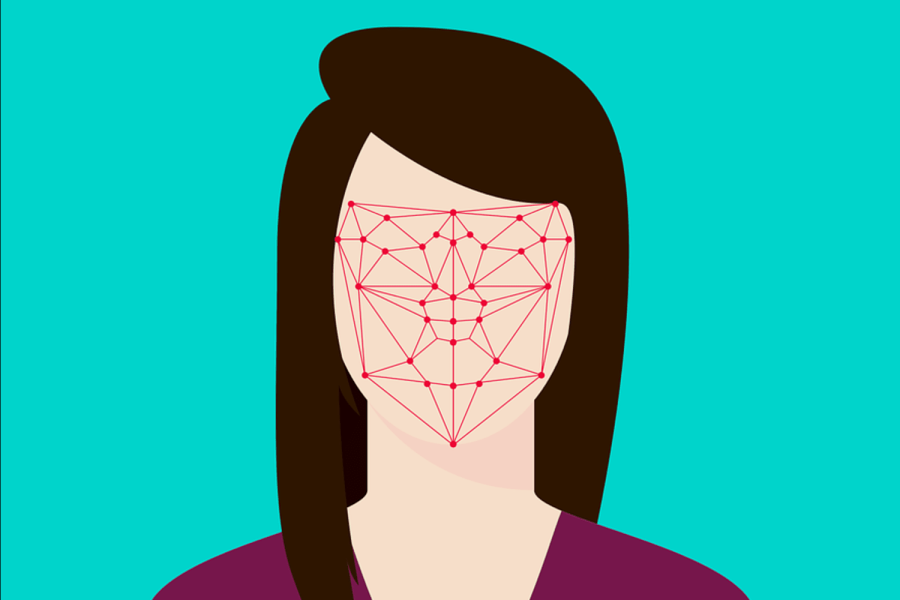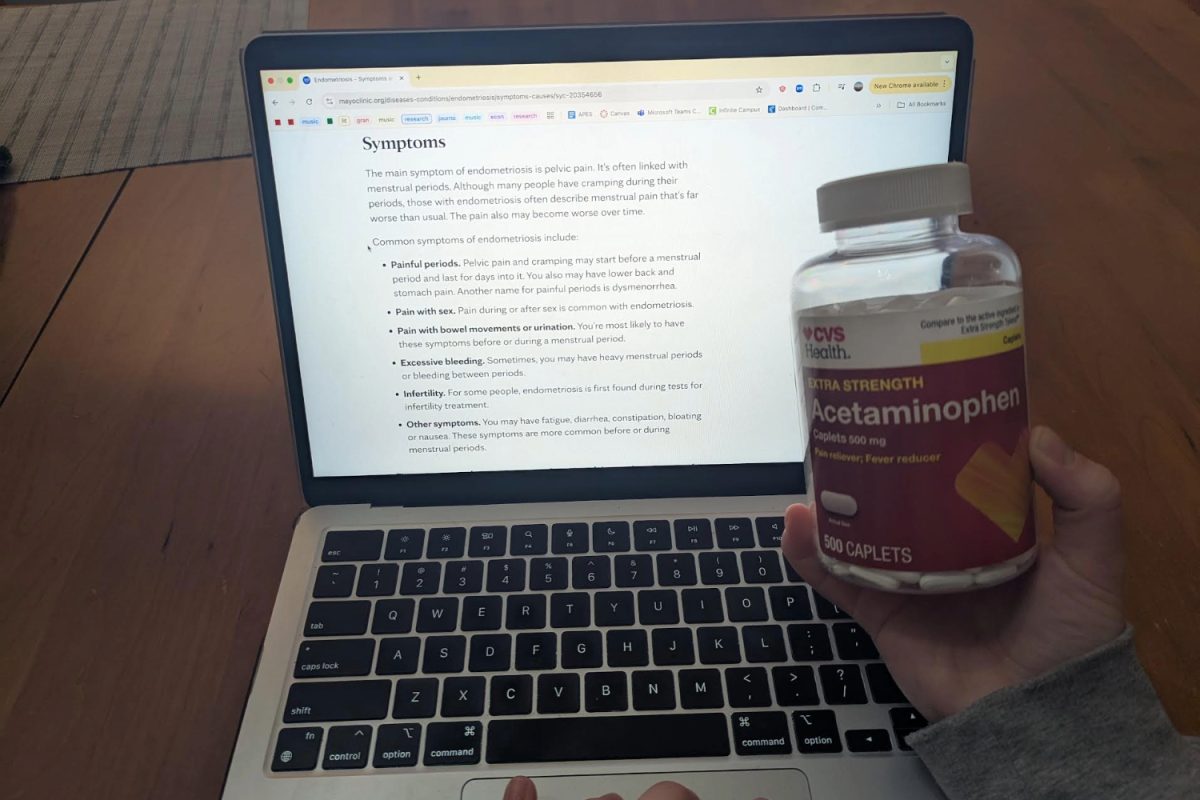Too often, I’ve heard my friends joke about their “resting b*tch face” or RBF.
A bad picture was taken? Blame the RBF.
If someone dislikes them? All the RBF’s fault.
Someone asks if they’re upset? It’s just the RBF.
This slang term originated in 2009 when an Urban Dictionary user defined it as “a person, girl especially, whose regular facial expression makes them look like a b*tch.” It soared to popularity after a satirical PSA was released, advocating understanding for those with “b*tchy resting faces.”
RBF is more than a cultural phenomenon now, however. Scientists from Noldus Information Technology have used facial recognition software to prove that some people have expressions that read angrier than others. When plugging in faces that were associated with RBF, they found that symptoms of emotion jumped from the 3% baseline to 6%.
Yet, despite the fact that this research also found RBF is an equal opportunities offender, women are disproportionately affected by the term. Oxford Language’s definition of RBF even points out increased usage toward women.
Not only does the term b*tch have many sexist connotations, but the idea of a woman needing to smile to be likable and attractive has often been used to their disadvantage. In fact, one 1987 study found that “When not smiling, women were perceived as less happy, less carefree and less relaxed than were men… If women fail to perform expressive and warm nonverbal behavior, they will be evaluated more harshly than men.”
This plays into women’s performance at work. Women are often expected to take sexist microaggressions and harsh judgments in stride, catering to their coworkers’ expectations of them by constantly monitoring their facial expressions and exterior.
This teaches women that they are secondary to the scrutiny of their male counterparts. Claiming that a woman needs to smile more is an indication that a woman’s emotional state and personal dignity belong to a man rather than the woman herself. It may seem like a small offense, but comments about smiling and RBFs contribute to women’s objectification and lack of control over their own bodies.
This loss of control isn’t just metaphorical, either. Many women seek corrective surgery to fix the frown lines and downturned mouths that distinctively mark the RBF. Women are putting themselves in danger by undergoing plastic surgery to fix a sexist ideology that reveals itself on their faces.
The RBF is a ridiculous creation. A woman’s face doesn’t need to be modified to please the people around her – that’s just her face.












